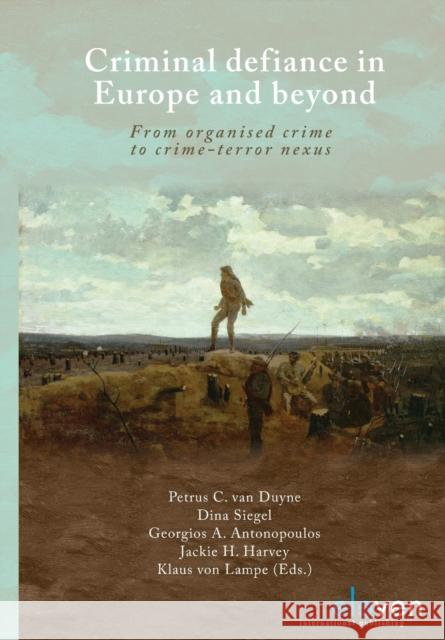Criminal defiance in Europe and beyond » książka
Criminal defiance in Europe and beyond
ISBN-13: 9789462361638 / Angielski / Miękka / 2020 / 572 str.
Crime can be seen as an act of defiance against the rule of law, particularly if is committed with intent. This intension is often to make unlawful gains, whether by theft, corruption or taking part in illegal markets, which in Europe are most often cross-border in nature. This entails that criminal defiance is not just a national issue: theft or fraud can be committed locally, while handling the illicit proceeds may require a cross-border movement. Obviously not every state faces the same defiance, or prioritises the same defiance. That may induce stronger states, for example the USA in its 'war-on' policy, to exert pressure on smaller states to accept the same interpretation (and legislation) of criminal defiance. Such 'legislative imperialism' may itself be considered as defiant. Criminal defiance is risky: the authorities do not like to be seen as 'soft' and must visibly 'hit back'. So successful criminals must keep a low profile, though some crime groups, such as the criminal motor-cycle gangs, defy this principle by ostentatious conduct. Likewise, in the case of grand corruption in states where corruption has become endemic, we see criminal defiance, in the case of some eastern European countries the defiance by oligarchs, being a public matter. The 20th Cross-border Crime Colloquium, hosted in 2019 by the Willem Pompe Institute of Utrecht University, presents this peer-reviewed volume to which 32 authors from all over Europe have contributed. It covers a broad range of expertise and original research projects: from the UK, Germany and further to Russian Siberia and back to the frayed fringes of the Mediterranean shores where a host of migrant workers is ready to defy fate for a better life.











